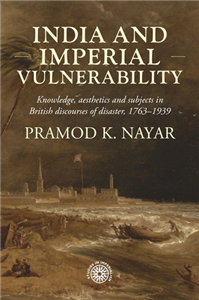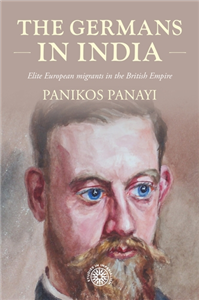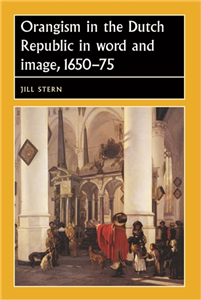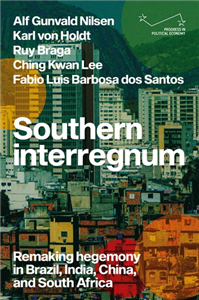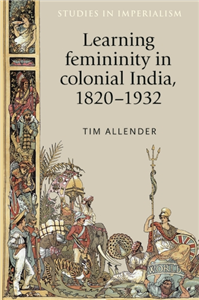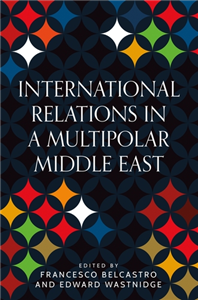National Book Trust, India
OUR E-MAIL: nbtexhibition2@gmail.com, nbtrightscell@gmail.com Welcome to National Book Trust, India!! We are from National Book Trust, India, whch is the national body for book publishing and book promotion in India. We have published nearly 17000 titles during the last six decades in English and all major Indian languages. We have strong publishing list in children’s and YA literature, Indian art, culture, biographies, fiction, folklore, popular science, popular social science etc. We also bring out representative anthologies of short stories from different countries under World Literature Series. We are interested in translation rights, co-editions etc. As the offcial book promotion agency of Government of India (Ministry of Education), we also organise the New Delhi World Book Fair, and participate and organise Guest country presentations of India in international book fairs, latest being at FIL 2019. Hope to hear from you for possible collaborations/associations!!
View Rights Portal



